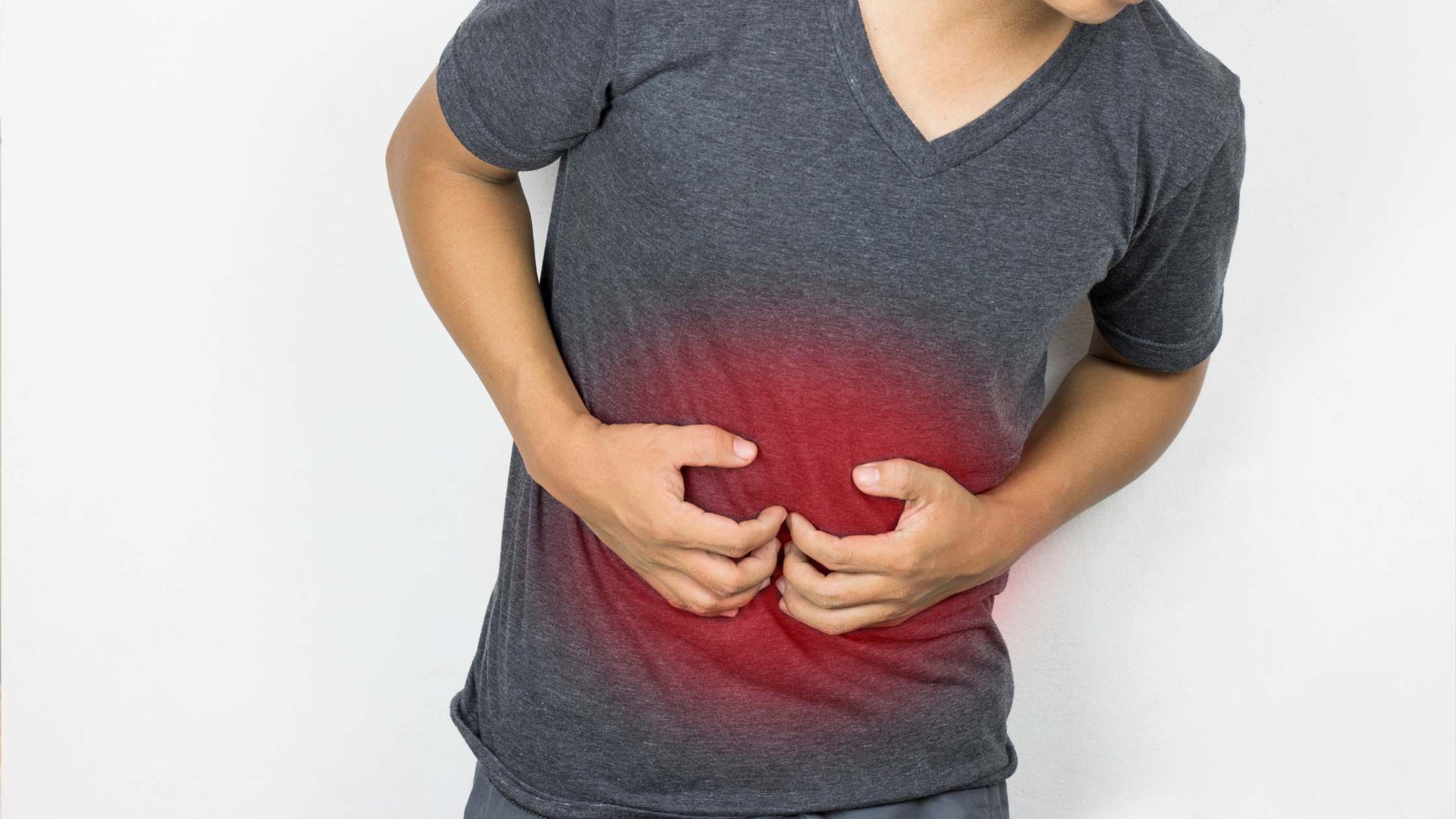Gastrointestinal Problems: A Deep Dive into Digestive Discomfort
The gastrointestinal (GI) tract, also known as the digestive system, is a complex network of organs responsible for breaking down food, absorbing nutrients, and eliminating waste. When this finely tuned system malfunctions, it can lead to a wide range of uncomfortable and sometimes debilitating symptoms, collectively known as gastrointestinal problems.

Understanding the GI Tract
The GI tract starts at the mouth, where food is chewed and mixed with saliva. It then travels down the esophagus to the stomach, where it's further broken down by acids and enzymes. The small intestine is where most of the nutrient absorption takes place, with the help of digestive juices from the pancreas and bile from the liver. Undigested materials then move to the large intestine (colon), where water is absorbed and waste products are formed into stool before being eliminated through the rectum.
Types of Gastrointestinal Problems
There are numerous GI problems, each with its own set of causes and symptoms. Here's a breakdown of some common ones:
- Functional GI Disorders: These are conditions that affect the muscles and nerves in the GI tract, causing problems with digestion and motility (movement of food through the system) even though there's no structural abnormality. Examples include irritable bowel syndrome (IBS), constipation, and gastroesophageal reflux disease (GERD).
- Structural GI Disorders: These involve physical changes within the GI tract that can disrupt digestion. Examples include ulcers, hernias, Crohn's disease, ulcerative colitis, and celiac disease.
- Inflammatory Bowel Disease (IBD): Chronic inflammatory conditions of the GI tract, such as Crohn's disease and ulcerative colitis, cause inflammation and irritation of the bowel lining, leading to symptoms like diarrhea, abdominal pain, and rectal bleeding.
- Foodborne Illness: Caused by consuming contaminated food or water containing bacteria, viruses, or parasites. Symptoms can include nausea, vomiting, diarrhea, and abdominal cramps.
- Lactose Intolerance: Inability to digest lactose, a sugar found in milk and dairy products, which leads to bloating, gas, and diarrhea after consuming dairy.
- Gallstones: Hardened deposits that form in the gallbladder, a small organ that stores bile. Gallstones can cause severe pain in the upper right abdomen.

Symptoms of Gastrointestinal Problems
The signs and symptoms of GI problems can vary depending on the specific condition, but some common ones include:
- Abdominal pain or cramping
- Bloating
- Change in bowel habits (constipation, diarrhea, or both)
- Nausea and vomiting
- Heartburn (burning sensation in the chest)
- Acid reflux (sour taste in the mouth)
- Rectal bleeding or bloody stools
- Unexplained weight loss or gain
- Difficulty swallowing
- Incontinence (loss of bowel control)